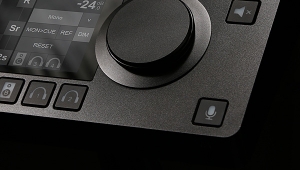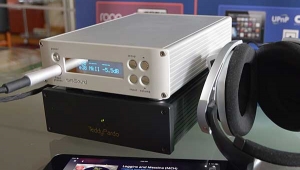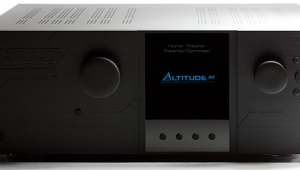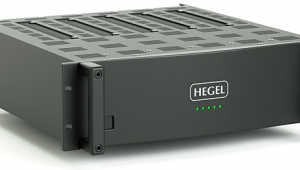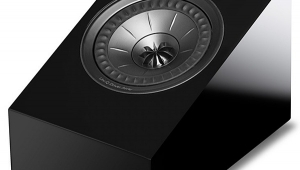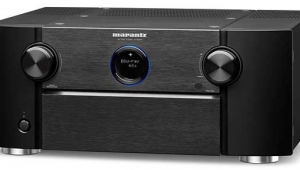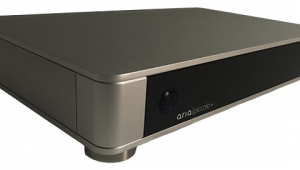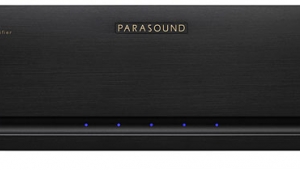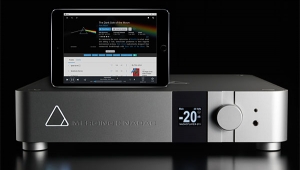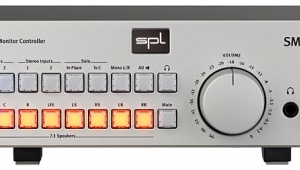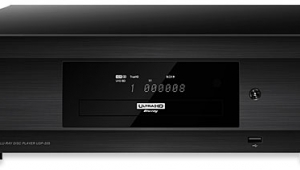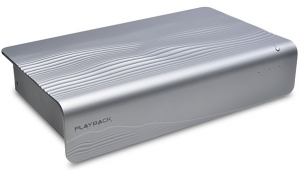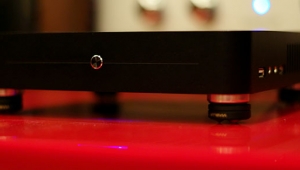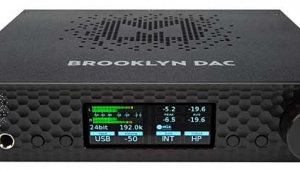| Columns Retired Columns & Blogs |
Music in the Round #34 Recordings in the Round
Sidebar 2: Recordings In The Round
 SCHNITTKE: Piano Concertos 1–3
SCHNITTKE: Piano Concertos 1–3
Ewa Kupiec, Maria Lettberg, piano; Frank Strobel, Berlin Radio Symphony Orchestra
Phoenix Edition 103 (SACD/CD)
Alfred Schnittke's three piano concertos could not be more different in size and mood, nor could they be more in common as essential Schnittke. The Piano Concerto (1960) is big and unabashedly modern, à la Prokofiev, with much weight and attitude. The Concerto for Piano and String Orchestra (1979) and the Concerto for Piano (4 hands) and Chamber Orchestra (1988) are smaller but not sweeter. All have strangely intriguing melodies and colorful orchestration. Ewa Kupiec is top-notch in all three (Maria Lettberg adds her two hands in the final work), conductor Frank Strobel offers strong, reliable support, and Phoenix Edition's sound is fabulously spacious and powerful.
REBEL: Les élémens
RAMEAU: Castor et Pollux
Michi Gaigg, L'Orfeo Barockorchester
Phoenix Edition 110 (SACD/CD)
One thing I've always enjoyed about French baroque music, especially Rameau's, is the use of strong pedal notes and melodious basso continuo. I was, however, entirely unprepared for Le Cahos (Chaos), the opening movement of Jean-Féry Rebel's Les élémens (The Elements)—it reminded me of the first time I heard Haydn's The Creation, which also opens with a representation of Chaos. Each of the dances that follow is colorful and spirited, and Rameau's suite from his opera is inventive, witty, and graceful. Phoenix Edition's sound provides a depth and richness that epitomizes French baroque style.
 CAMERON CARPENTER: Revolutionary
CAMERON CARPENTER: Revolutionary
Works for Organ by J.S. Bach, Bizet-Horowitz, Carpenter, Chopin, Demessieux, Dupré, Ellington, Liszt
Cameron Carpenter, organ
Telarc SACD-60711 (SACD/DVD)
Recorded at Manhattan's Trinity Church, where the new Marshall & Ogletree Virtual Pipe Organ is assisted by Bruce Thigpen's Rotary Subwoofer, there's a lot here to exercise any sub. However, it is the sheer theatricality of Carpenter's adaptations and performances—from Bach to Dupré via Liszt and Chopin, along with some originals—that will continue to impress. Sure, he liberally spreads on the flash and power, but it's hard to resist being amazed and entertained by it all. You may wonder how he can pull some of this off, and the accompanying DVD shows you how—but the DVD's soundtrack is in rather pale two-channel, so you'll be compelled to return to the SACD for thrills, again and again. Hot stuff.
- Log in or register to post comments
